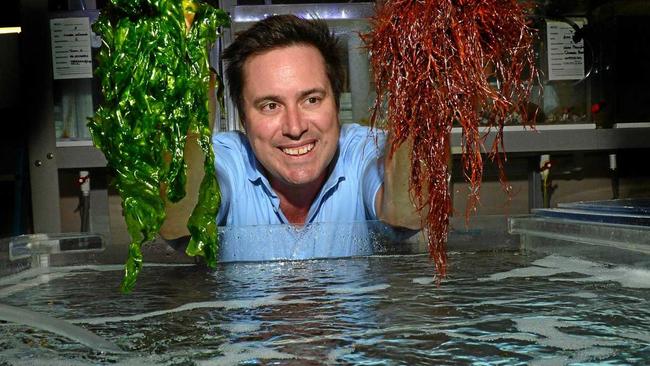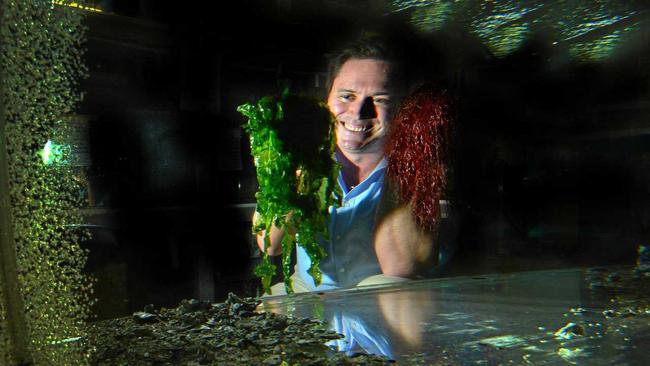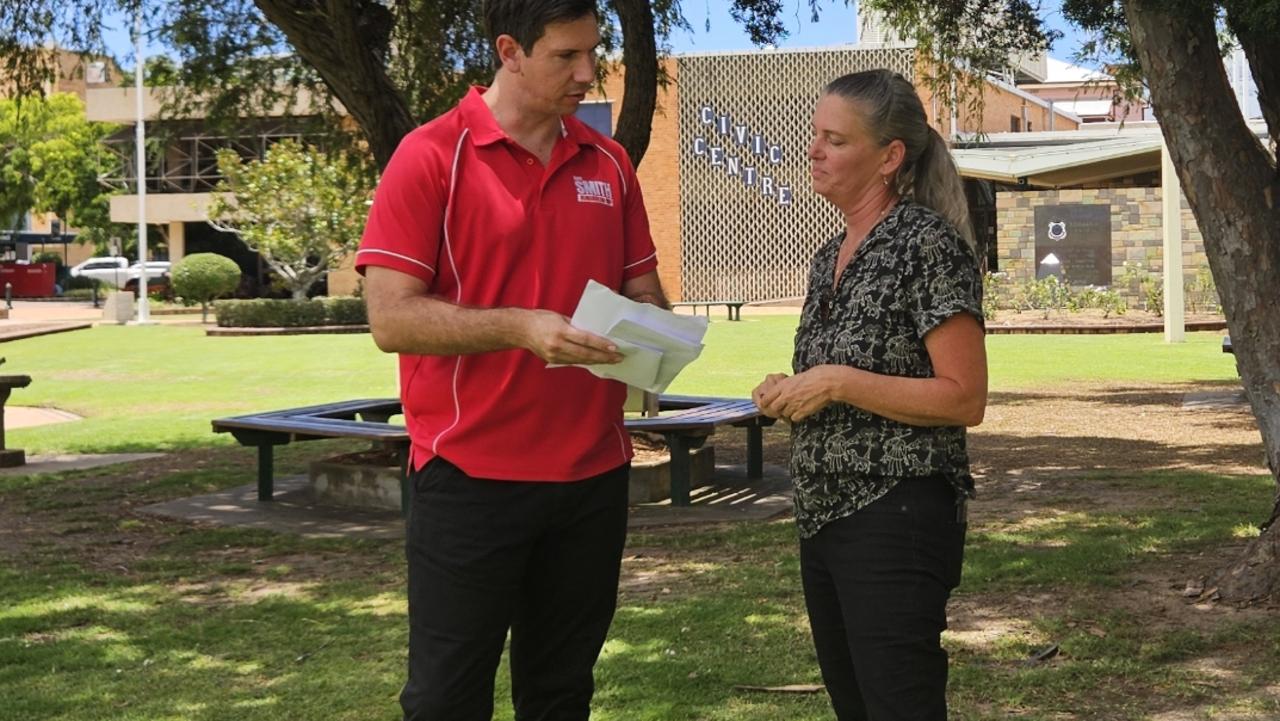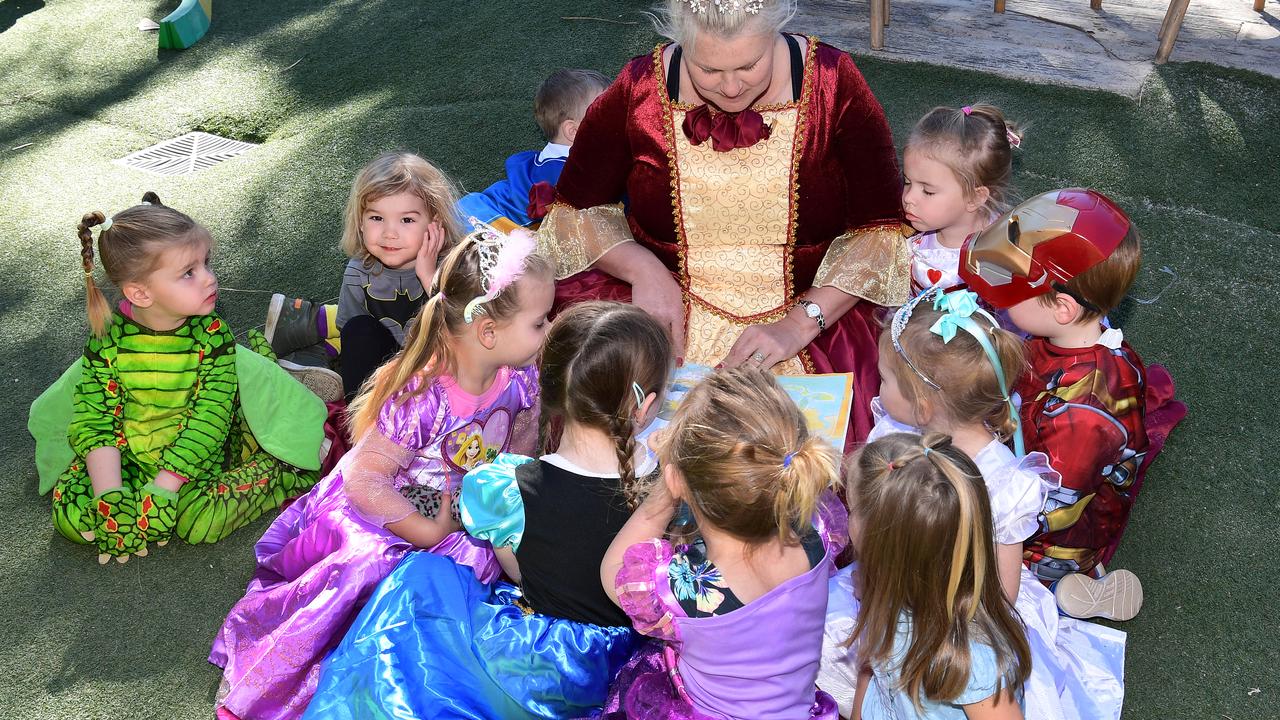Untapped market Coast's ticket to $6 billion industry
SEAWEED is a staple in diets overseas, but the slimy sea plant could become the next big thing to hit the Coast's food scene.

Business
Don't miss out on the headlines from Business. Followed categories will be added to My News.
SEAWEED is a staple in diets overseas, but the slimy sea plant could become the next big thing to hit the Coast's food scene.
University of the Sunshine Coast professor Nick Paul said growers and chefs are already keen to get a slither of his locally-grown species, which otherwise would be imported from Korea, China and Japan.
Right now there isn't a single commercial seaweed operation in Australia, but USC is growing a variety of species in 30 1000-litre tanks at the Bribie Island Research Centre at Woorim.
Dr Paul hopes within the next year, this could become a ticket to the industry worth more than $6 billion.

He said while the university had not created any formal partnerships, there was already demand from the aquaculture sector and Sunshine Coast chefs.
Local chef Cameron Matthews incorporated the green ulva and red sarconema seaweeds into a "mystery box" meal as he discussed sustainability in the food industry with USC students recently.
Dr Paul said 450 hectares of zoned oyster lease area in Moreton Bay could potentially produce around 70 tonnes of seaweed each year.
Dr Paul said while many were familiar with seaweed in sushi, consumer preference studies and surveys had uncovered the product could be "quite polarising".
"Half say they love it and half say it's disgusting, they would never eat it and it smells," he laughed.
But beyond the taste, Dr Paul said seaweed had environmental benefits and its pluses extended to the plate.
He explained it was a source of dietary fibre and could pull essential minerals from the ocean, including iodine, making it a healthy replacement for salt.
There's also potential to replace some ingredients in animal feed, with the "quite funky" capability to knock out methane products in cows.
To learn more, Dr Paul will be among three presenters at an upcoming bar lecture, Seaweed Gastronomy, hosted at the Buderim Tavern from 6-7.30pm on Thursday, August 9.


